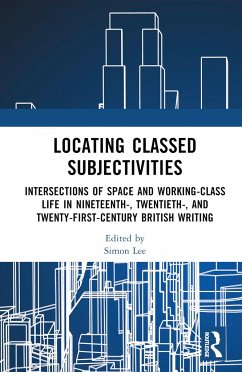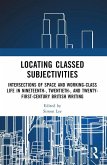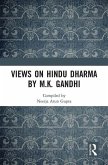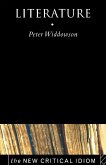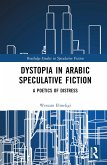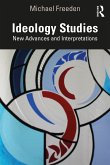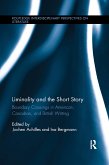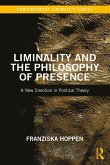Locating Classed Subjectivities explores representations of social class in British fiction through the lens of spatial theory and analysis. By analyzing a range of class-conscious texts from the nineteenth-, twentieth-, and twenty-first centuries, the collection provides an overview of the way British writers mobilized spatial aesthetics as a means to comment on the intricacies of social class. In doing so, the collection delineates aesthetic strategies of representation in British writing, tracing the development of literary forms while considering how authors mobilized innovative spatial metaphors to better express contingent social and economic realities. Ranging in coverage from early-nineteenth-century narratives of disease to contemporary writing on the working-class millennial, Locating Classed Subjectivities offers new perspectives on literary techniques and political intentions, exploring the way class is parsed and critiqued through British writing across three centuries. As such, the project responds to Nigel Thrift and Peter Williams's claim that literary and cultural production serves as a particularly rich yet unexamined access point by which to comprehend the way space and social class intersect.
Bitte wählen Sie Ihr Anliegen aus.
Rechnungen
Retourenschein anfordern
Bestellstatus
Storno

